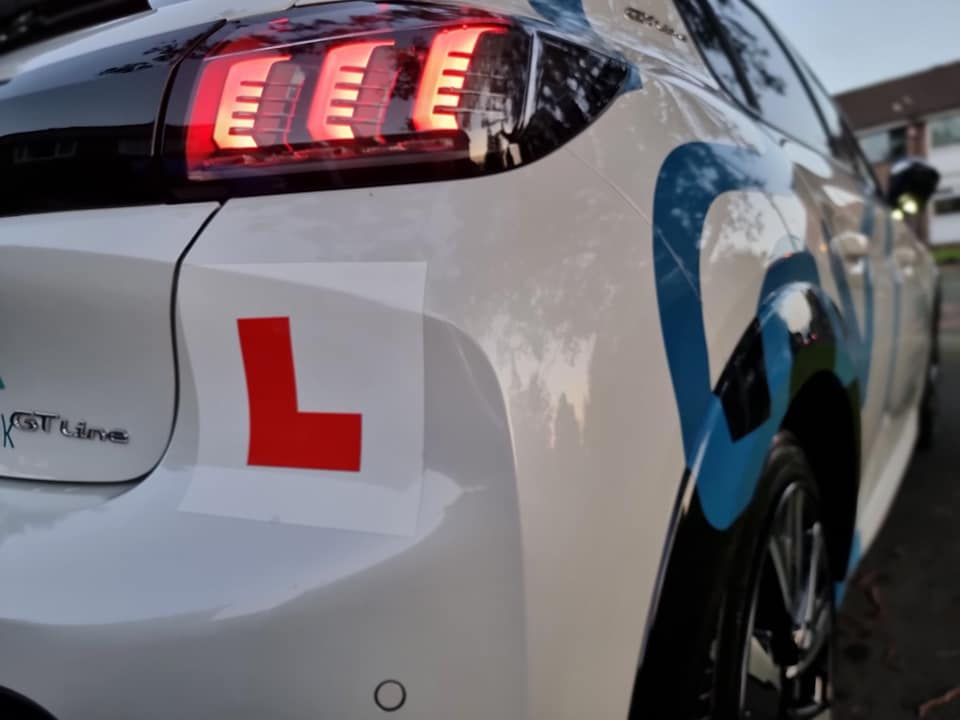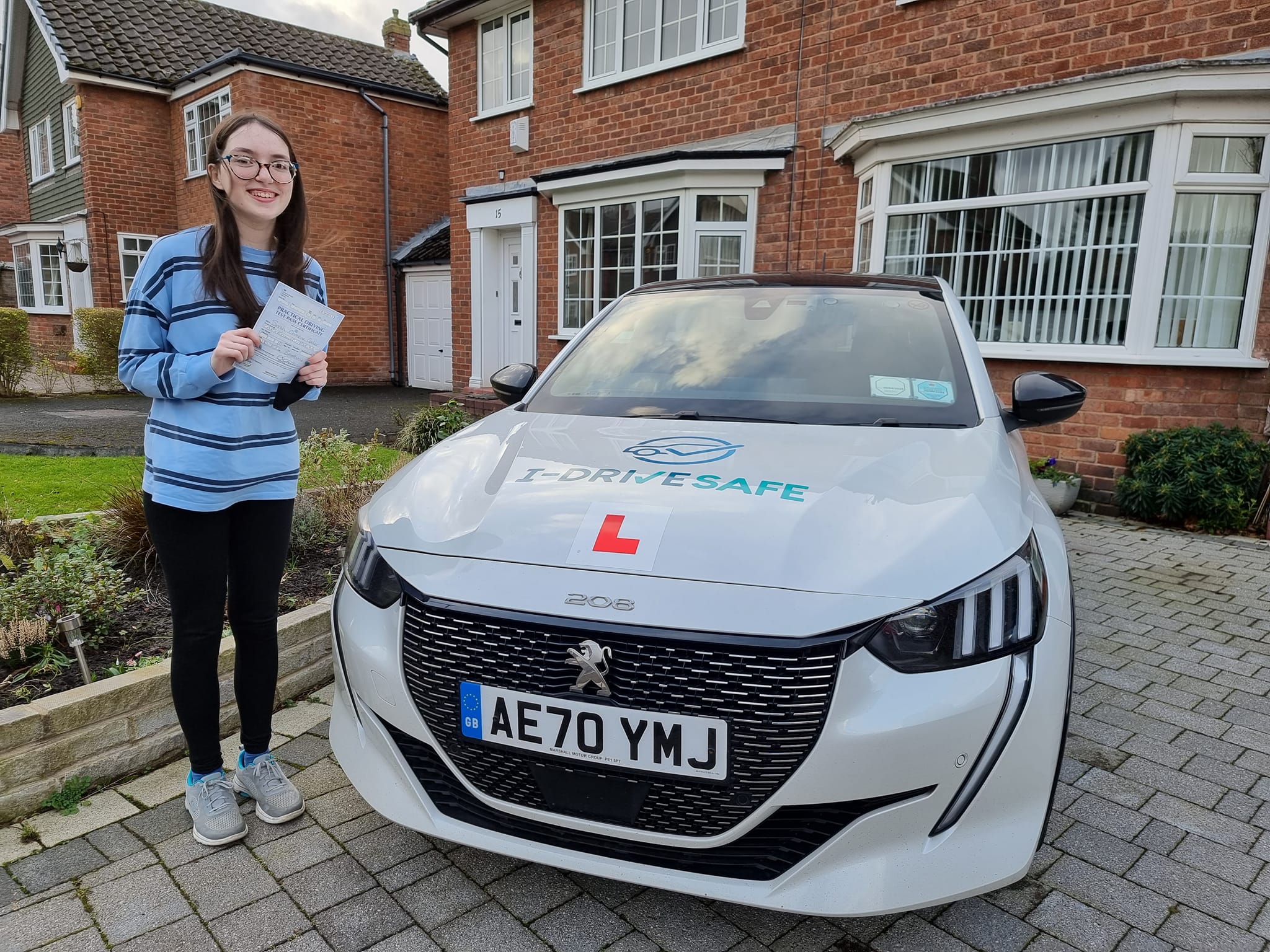

The DVSA recently announced planned changes to the driving test process, in a renewed effort to modernise and increase safety surrounding new drivers on the roads.
Although as a rule people don’t tend to like change and often worry about what challenges any alterations to the status quo might bring, these changes might actually be a positive step in the right direction, ensuring that standards remain high across the board and shortening test waiting times.
Learner drivers and driving instructors alike have until the 8th March to provide their thoughts for the consultation – so these changes may not come through at all, and if they do modifications will likely be made depending on the feedback received.
What changes are being considered?
The DVSA’s planned changes cover a variety of aspects of the driving test process in an overall effort to make standardised tests more robust and relevant. The overview isn’t detailed, but it includes the following points:
1/ ’Encourage learner drivers to be better prepared when they take their car driving test’
This is a complex topic I’ve discussed at some length previously. The current guidelines and standards leave learner drivers open to below-par tuition, purely because they don’t know about the ratings system and have a lack of awareness regarding the standards they are held to.
Currently ADIs receive a rating when they are audited, but beyond this there’s little else to distinguish them from one another and within the industry there are some very good and very bad instructors. I still see and hear of many malpractices within the industry and bad habits or poor guidance which is open to interpretation being passed on to new drivers.
This vague directive hopefully alludes to improved standards and testing for ADIs to bring those lagging behind up to speed to avoid learners being unwittingly unprepared for their test and the potential challenges of driving beyond that.
2/ ’Reduce the number of driving test appointments that are wasted’
This is possibly referring to the amount of learner drivers who currently attempt their test unprepared. Not only does this waste the time and money of learners, it also affects your confidence – the more ‘fails’ you have under your belt and negative experiences during your test, the scarier it often becomes. There are a number of reasons why learners take their test too early – I find peer pressure and parental pressures are the most common causes. I always stress to my students that a driving test should only be booked when we’re both confident that you’re ready and have a chance of passing, and passing well. Hopefully the changes may address this in a positive and practical way.
3/ ‘Collect better data about how well driving instructors prepare learner drivers’
This likely alludes to a proposal we covered recently regarding a points system for ADIs. If so it’s a well-meaning proposition, but could put good driving instructors at risk of being in the red due to mismatched, poorly thought out parameters within the points system. You can read more on this here.
3/ ’Give learner drivers better information to help them choose a driving instructor’
Not many details again here – but likely it is going to involve more stringent checks and ratings for ADIs. This can only be a good thing – but there might be some ADIs who have managed to get by comfortably under the radar until now who will be concerned by this. For learner drivers this will hopefully take the ‘lottery’ element out of choosing a driving instructor, and at least make more people aware of the current system so that they can ask for a rating when considering working with an ADI.
4/ ’Update when and how it carries out the eyesight check at the start of the driving test’
No details are given, but this is likely going to include more stringent eyesight and vision quality checks to ensure the process is compliant with modern methods.
5/ ’Replace paper theory test and driving test pass certificates with digital pass certificates’
This isn’t performance related for learners or their instructors, but it’s part of a wider initiative to go green. You can learn more about these digital changes here.
How might the changes affect learner drivers?
It’s difficult to say how these changes may affect learner drivers and ADIs as we only have a preview at present – but it’s unlikely to have a major impact if you’re already learning how to drive in a safe and comprehensive manner with a competent driving instructor using up-to-date-methods.
Good ADIs (and those who learn from them) should find they’re fully prepared for any potential curve balls thrown by these planned developments to the driving test process. Some tips I always give to my own students include:
- Only take your test when you’re ready: I cannot stress this enough – only take your driving test when you’re absolutely ready. Many learners are under immense pressure from peers or parents to pass their test quickly, but it’s important to be 100% sure before you book your test and give yourself enough time to become a confident and competent driver.
- Get some advanced lessons to improve your overall driving skills: Advanced driving lessons cover many of the elements that should be included on the basic syllabus. Additional tuition not only increases safety but also ensures you feel more confident when taking your test, or after you pass.
- Practice plenty to ensure you’re confident: When you can, get out in the car both with your driving instructor and a patient family member (who is over 18 and holds a full driving licence) to help improve your confidence levels. The more you get behind the wheel, the more comfortable and confident you’ll feel.
At the moment the changes will only affect anyone learning to drive a car, but separate proposals may be released to cover other vehicles, such as HGVs.
Being fully prepared for your driving test
At I-Drivesafe we’re welcoming these new changes – because at the end of the day, ensuring that new drivers are fully prepared and safe to go it alone on the roads is the principal aim of the driving test itself. Upping the standards and ensuring these are followed across the board can only be a good thing for learner drivers, who often find themselves anxious and unprepared out on the roads when following the syllabus with no additional support.